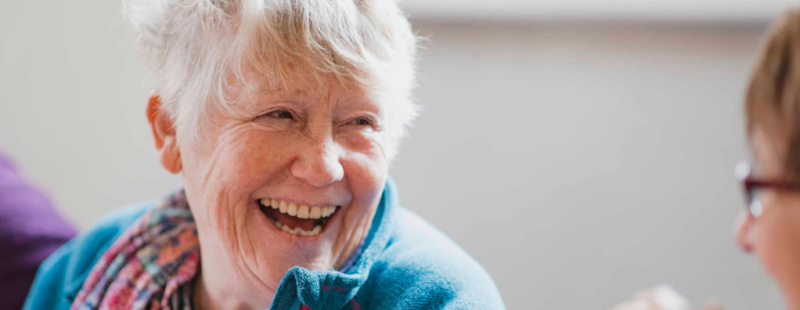A think-piece published this week by Hanover Housing and Demos asks a long-debated question: are age-specific housing developments a good thing, or do they foster isolation and discrimination? The report explores the question using answers from 34 in-depth interviews with sector experts and people in “mainstream” housing, co-housing, home-sharing and retirement communities. It concludes that older people think they are at risk of social isolation if they stay in their own home as the age, but fear ‘ghettoization’ if they move into retirement or age-specific housing schemes.
Main findings
- Many interviewees who lived in community said their social life was based on involvement in their local community, not centring on their own home
- Those living in co-housing schemes said their housing helped them build multi-generational relationships and new family-like social support, particular when living far from their own family
- Those interviewed who lived in out-of-torn retirement communities had “less varied” social lives and often relied on pre-arranged activities taking place in communal areas of a housing complex
- But residents in age-specific retirement communities reported feeling safer and less isolated than they did when they lived in their own home/in the community
Some challenges
- Co-housing not well-understood in Britain, and individuals have to be able to afford own property to benefit properly from it
- Home-sharing is viewed as “quite risky” by many and requires a lot of work to get good matches and appropriate marketing
- The housing market is not responding to need for housing models that support different kinds of community
- Need to be careful to balance need for better support with age-segregation
What needs to change?
The think-piece calls on housing associations, the Department for Communities and Local Government and house builders to explore different models – like homeshare and co-housing – to ensure that we can age in communities that meet our social support needs.
Loneliness in older age is a very complex issue that requires action from all services and bodies. Ensuring that the housing sector, and relevant statutory and charity groups, is aware of the social needs of our population in older age is one crucial step. The next is to work alongside the local public health, health and social care teams to ensure there is an overarching strategy and plan.
The newly-established health and wellbeing boards (local forums for senior health and care leaders) are in a natural position to lead these different sectors on the issue of loneliness in older age.





No comments on this article yet. Please feel free to submit a comment below.
By submitting a comment you grant Campaign to End Loneliness a perpetual license to reproduce your words and name/web site in attribution. Inappropriate and irrelevant comments will be removed at an admin's discretion. Your email is used for verification purposes only, it will never be shared.